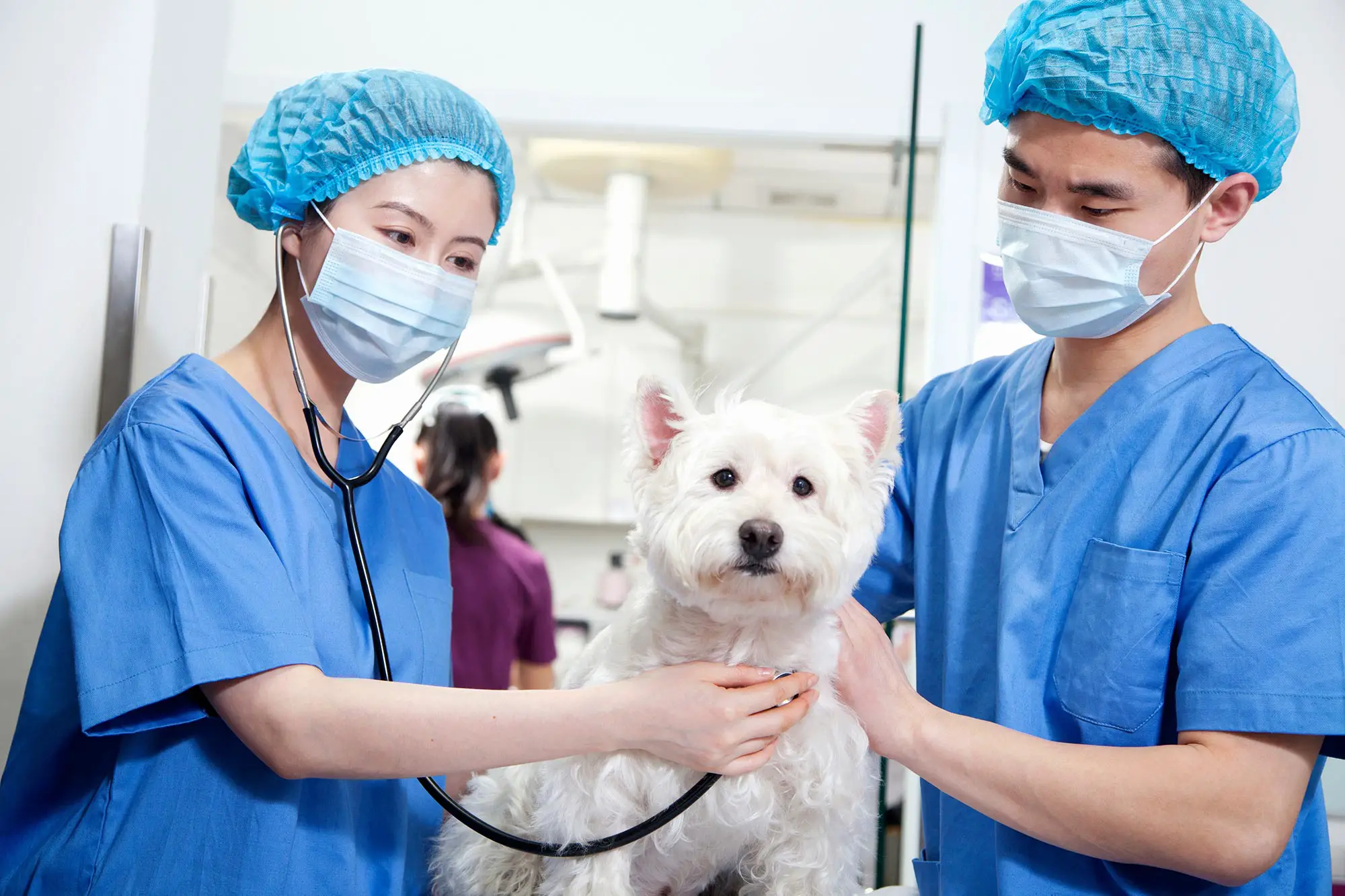Summary of Study Shows Healthy Dogs and Cats Can Transmit Dangerous Microbes to Humans – And Vice Versa:
Healthy dogs and cats can transmit multidrug-resistant organisms (MDROs) to their hospitalized owners, according to a study presented at the European Congress of Clinical Microbiology & Infectious Diseases. The study analyzed over 2,800 hospital patients and their companion animals and found that only a handful of cases suggest that pets are not a major source of antibiotic-resistant infections in hospital patients. While the level of sharing between hospital patients and their pets is low, carriers can shed bacteria into their environment for months and can be a source of infection for more vulnerable people in the hospital.
*****
Introduction
New research presented at the European Congress of Clinical Microbiology & Infectious Diseases highlights the potential transmission of antibiotic-resistant bacteria between pets and humans. The study shows that multidrug-resistant organisms (MDROs) can be transmitted between healthy cats and dogs and their hospitalized owners.
The Transmission of MDROs Between Pets and Humans
Dr. Carolin Hackmann from Charité University Hospital in Berlin, Germany, conducted a study with over 2,800 hospital patients and their companion animals. The study aimed to investigate whether pets play a role in the infection of hospital patients with MDROs. The study focused on MRSA, VRE, 3GCRE, and CRE, which are the most common superbugs in hospital patients. These bacteria are resistant to multiple antibiotics, including penicillin and cephalosporins.
Between June 2019 and September 2022, nasal and rectal swabs were collected from 2,891 patients hospitalized in Charité University Hospital Berlin. Swabs were also collected from any dogs and cats that lived with the patients. Genetic sequencing was used to identify the species of bacteria in each sample, as well as the presence of drug-resistance genes. Whole genome sequencing was used to confirm the possible sharing of resistant bacteria.
Results
Overall, 30% (871/2,891) of hospital patients tested positive for MDROs. The rate of dog ownership was 11% (93/871), and cat ownership was 9% (80/871) in those who tested MDRO-positive. Of the 626 pet owners, 300 sent back samples from 400 pets. Of these samples, 15% (30/203) of dogs and 5% (9/197) of cats tested positive for at least one MDRO. In four cases, MDROs were phenotypically matching between pets and their owners, and whole genome sequencing confirmed that only one of the matching pairs was genetically identical in a dog and its owner. The matching pathogen was 3GCR Escherichia coli, which is common in the intestines of healthy people and animals.
Conclusion
While the level of sharing between hospital patients and their pets was very low, carriers can shed bacteria into their environment for months, and they can be a source of infection for other more vulnerable people in the hospital, such as those with a weakened immune system or the very young or old. The study highlights the potential transmission of antibiotic-resistant bacteria between pets and humans, emphasizing the importance of good hygiene practices in pet management.
While MDROs can be transmitted between healthy cats and dogs and their hospitalized owners, only a small number of cases were found, suggesting that pets are not a major source of antibiotic-resistant infections in hospital patients. However, pet owners should still take care when handling their pets and practice good hygiene to avoid the transmission of bacteria between them.
Finally, the study results apply to the setting of hospital patients in an urban area and might not be applicable to the general population or MDRO high-risk groups such as livestock farmers. Pet owners should take preventative measures to avoid potential problems and keep their pets healthy to protect themselves from any potential disease transmission.


Comments are closed